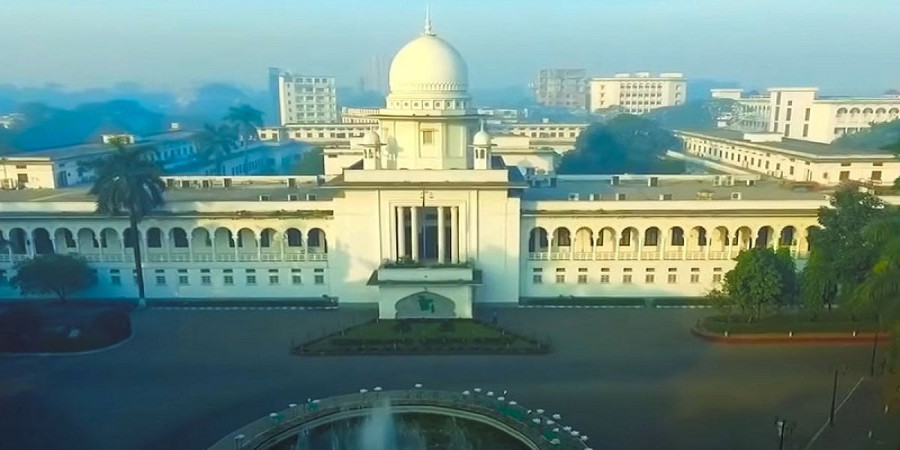
ছবি: Highcourt; file photo
The High Court has ruled that the immunity granted under the Quick Rental Power and Energy Supply Enhancement (Special Provisions) Act, 2010, is unconstitutional. The judgment follows a writ petition arguing that the government is repeatedly forced to raise electricity prices due to excessive costs and irregularities in rental and quick rental power plants. The petition stated that legal immunity for these irregularities contradicts the public interest and undermines the constitution.
In its ruling, the High Court declared Section 9 of the 2010 Act, which provides immunity to quick rental power projects, invalid. The court noted that granting immunity through legislation is unconstitutional and that concentrating unilateral authority over procurement in the hands of any one individual is inconsistent with democratic principles. Such provisions, the court added, violate the constitution.
The High Court bench, led by Justice Farah Mahbub and Justice Debashish Roy Chowdhury, issued the ruling on Thursday, November 14, after the final hearing of the writ challenging the immunity provision. The initial hearing on the writ petition, which sought to overturn Section 9’s immunity clause, took place on November 7, and the court set November 14 as the date for the verdict.
Representing the petitioners in court, Dr. Shahdeen Malik and Barrister Cynthia Farid argued that the Quick Rental Power Act’s immunity provisions were unconstitutional. Sections 6(2) and 9 of the Act barred any legal action questioning the activities of rental and quick rental power plants. The High Court initially issued a rule in response to this writ on September 2, following a preliminary hearing by Justice Farah Mahbub and Justice A.K.M. Rabiul Hasan.
The petition noted that the government is compelled to increase electricity prices repeatedly due to the irregularities and high costs associated with rental and quick rental power plants. Legal immunity granted to these irregularities prevents future accountability, which the petitioners argue is against public interest and the constitution.
Commenting after the rule issuance, Dr. Shahdeen Malik told reporters, “The Quick Rental Power Act, commonly known as the Quick Rental Act, has been challenged for its constitutional validity, specifically Section 6(2) and Section 9.”
According to Section 6(2), the Minister of Energy has the sole authority to negotiate and enter into power production contracts with individuals or companies without consultation. This provision effectively allows the minister to contract anyone at any price based solely on personal discretion.
Section 9 further prohibits any legal challenges regarding the selection of contractors or contract costs. The petitioners contend that these provisions violate the constitution, leading to the misappropriation of billions of public funds under previous administrations in the name of quick rental power plants.
repoter






